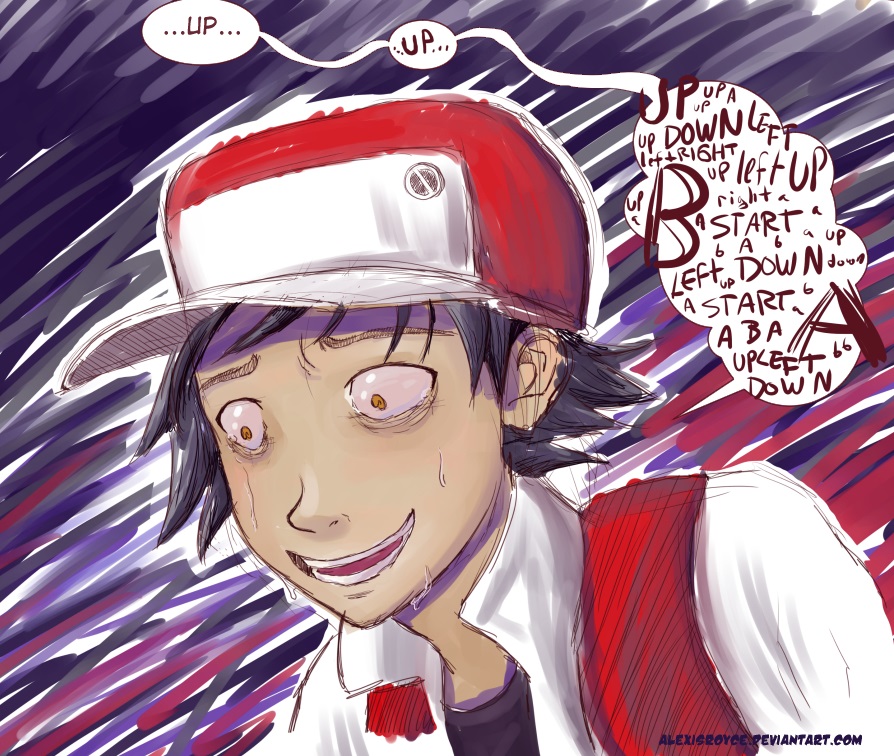 By Heather Seidel | gargoyle@flagler.edu
By Heather Seidel | gargoyle@flagler.edu
There was one burden that plagued me as I walked the halls of Discovery Elementary School. One lingering thought that followed me to the playground up until I climbed into my mother’s 1993 Pontiac Trans Port after school.
How will I finish this level in Super Mario Bros. 3?
I distinctly remember sprinting through my front door after my mother pulled into the driveway. There was something exhilarating about blowing into those dusty cartridges and banging them into my NES until its red light slowly flickered on. Remote in hand, I inched up to the TV with wide eyes.
More than 10 years later, I lament that Nintendo’s golden era is over. When Nintendo’s fiscal year ended in March, their reports showed an astonishing $437 million in losses. The biggest disappointment was in their Wii U sales, which were devastatingly lower then projected. Less than five years ago, Nintendo was the industry leader who piloted 3D gaming and the generation of motion controls. But if their consoles are so groundbreaking, why aren’t they selling?
Nintendo’s issue isn’t in their consoles- it’s in their games.
It’s no secret that Nintendo rarely releases new franchises, opting instead for sequels and re-releases with the words “HD” and “3D” slapped across the titles. While it’s easy to get excited about their upcoming releases, there’s few details that separate these games from their predecessors.
At annual video game convention E3, for instance, Nintendo announced a new and long awaited franchise: “Splatoon”. Reminiscent of every Mario Party mini-game of my childhood, Splatoon is Nintendo’s attempt to reach the shooter demographic that they have historically struggled to target. While Splatoon is supposedly a new game concept for Nintendo, there’s nothing new about it in the video game industry. The game is nearly a decade late to the shooter market.
Recently, while sitting on the subway in NYC focusing intently on a game of Pokemon Crystal, a man in his forties sat down next to me and pulled out a 3DS.
“Gameboy SP?” He said. “Now that’s pretty old school!”
I explained to him that I thought about picking up a new handheld, but there weren’t enough games I was interested in to justify a purchase. He insisted that Nintendo was releasing some quality games, and he suggested I try a game called Tomodachi Life. I smiled shyly and responded “Isn’t that just Animal Crossing without the animals?”
As he stood up for his stop, he shook my hand and introduced himself as Frank* who works at Nintendo.
It was then that I made the sad realization: not even a Nintendo employee could give me a solid reason to buy their new games – not because their handhelds aren’t amazing, but because I can play similar games on my “old school” devices. Why would I buy a new device to play new games with the same old concepts? However, with this argument could apply to the video game market as a whole lately. Nintendo has built up the most notoriety for re-releases and strikingly similar games.
Don’t get me wrong, I love that I have the option to relive classics through Nintendo’s newer consoles. The fact that I can continue to follow story lines that have been around since my childhood appeals to me – and my nostalgia – but it’s time for some originality. In other words, Nintendo needs to step up their game. Pun intended.
Historically, Nintendo has a reputation for being ground-breaking, and for good reason. If Nintendo wants to survive this era of gaming, they’re going to have to innovate more than just their consoles. It’s essential that they come up with new and engaging ideas for games. Otherwise, they run the risk of their long-term fans growing bored and their newer audience turning away from them.
Regardless of this slump, I have absolute faith in their future. And I look forward to the day where I can dash back home, adrenaline pumping, and inch up to my TV in order to play a brand new and original Nintendo game. Just like I used to.
*Editor’s Note: Name has been changed to protect individual’s privacy






Be the first to comment on "Nintendo: New consoles, recycled concepts"